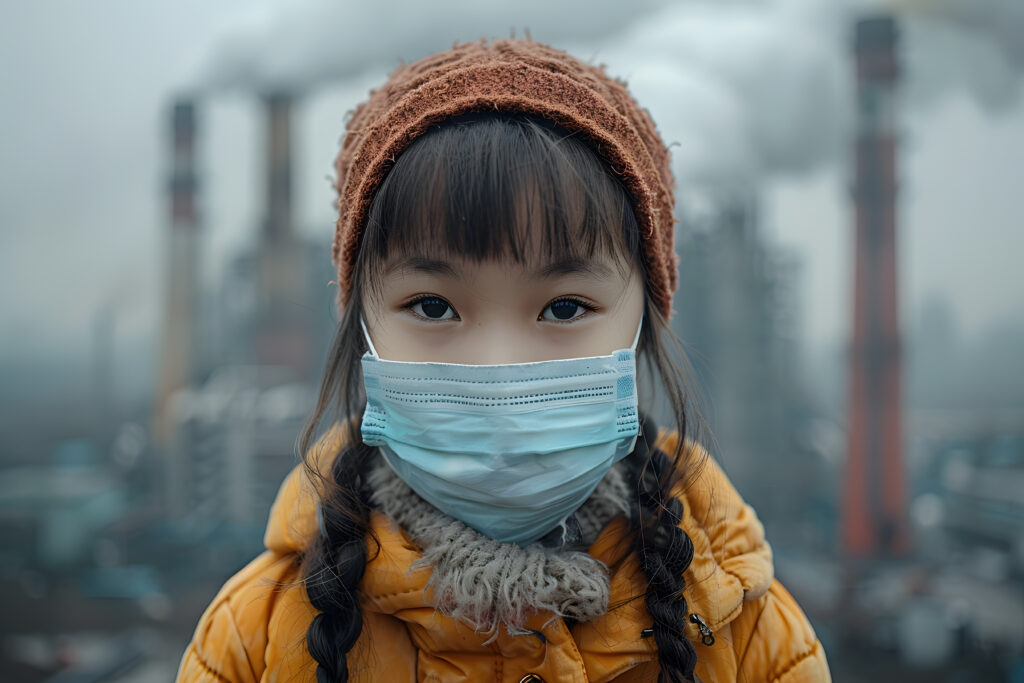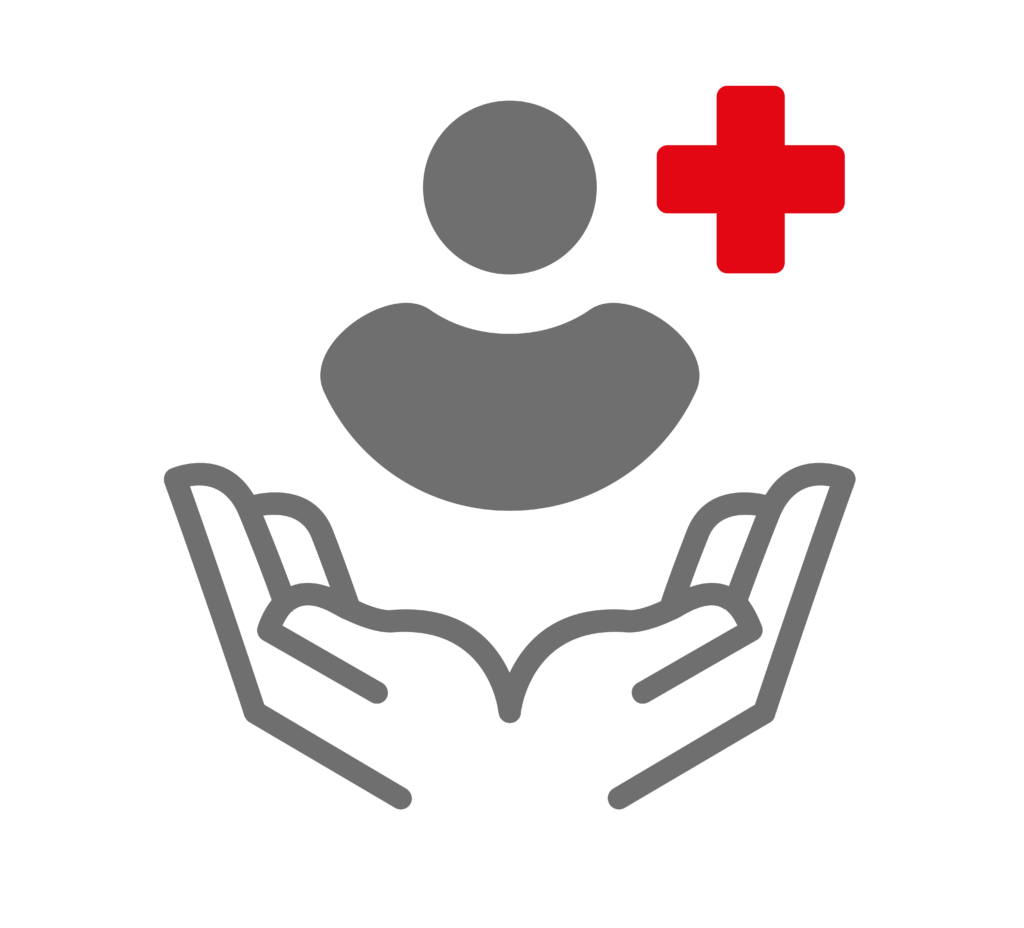Understanding the Health & Energy Connection
By highlighting accurate information about British Columbia’s energy sector and its importance to our healthcare system, we can ensure high quality of life for all residents. It’s time to work together for a healthier, more prosperous future for all British Columbians.



Key Facts
- Pharmaceutical Production: Nearly 99% of pharmaceutical feedstocks and reagents are derived from petrochemicals. This includes the production of common medications like acetaminophen. Without fossil fuels, the supply chain for most pharmaceuticals would be interrupted, potentially leading to shortages of essential medications.
- Medical Plastics: Modern healthcare relies heavily on plastics, which are derived from petroleum. Plastics form the basis of sterile healthcare practices, as they are used in medical devices, packaging, and single-use supplies. This antiseptic model has saved countless lives by preventing contamination in clinical environments.
- Healthy Communities: British Columbia’s natural gas producing region is a healthy and prosperous place for its communities. In 2023, Fort St. John ranked 19th out of 439 Canadian cities for livability, with high scores for community, climate, housing and healthcare.
- Personal Protective Equipment (PPE): PPE such as disposable gloves (made from latex, vinyl, and nitrile), syringes, and masks are essential for ensuring sterility and safety in healthcare settings. These items are made from petrochemical derivatives, and their availability directly impacts patient and healthcare worker safety, especially during pandemics and in high-infection-risk environments.
- Sanitization Products: Hospital sanitation protocols depend on petroleum-based products. Key ingredients in hand sanitizers, such as carbomer polymers and glycerin, are derived from petrochemicals, underscoring the connection between fossil fuels and hospital hygiene.
- Medical Tubing and Blood Bags: Life-saving devices, including IV bags, blood bags, and medical tubing, are made from plastic, demonstrating petrochemicals’ importance in fluid transport and storage systems in medicine. Without these materials, modern healthcare would face significant logistical challenges in delivering care.
- Hospital Energy Consumption: Vancouver General Hospital uses around 400,000 gigajoules of natural gas annually to power their operations, including essential medical services. Thanks to safe gas extraction technologies, B.C. residents enjoy these services at 145 hospitals across British Columbia. Many therapies also rely on helium, a gas that is produced through hydraulic fracturing, further highlighting the link between energy resources and healthcare.
- LNG as a Global Health Solution: 8 million people around the globe die each year as a result of breathing in air that contains particles from burning fuels like coal, petrol and diesel. Sending B.C. LNG to Asia can reduce coal use, cutting asthma, lung cancer, and respiratory infections – and saving lives.
Regulations
Did you know that the British Columbia natural gas and LNG sector is a heavily regulated industry?
Safety and environment are key factors. Responsibity for delivering on this is the BC Energy Regulator, which is independent of industry.

